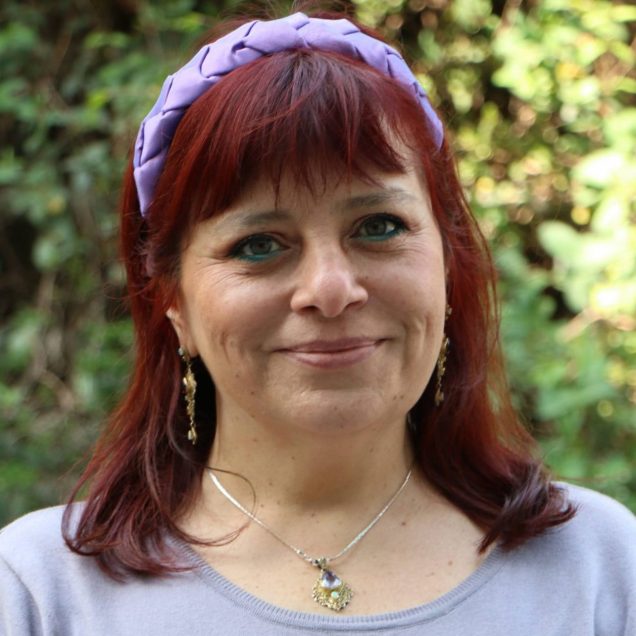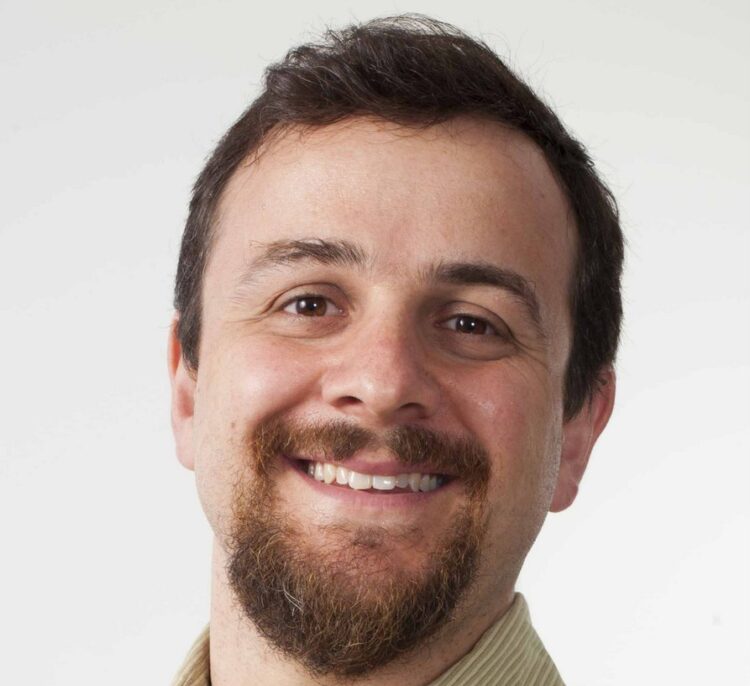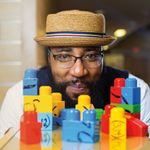Plenary Speakers
We are excited to announce an intriguing mix of plenary sessions cutting across different forms of design and disciplines! Our plenary speakers will be:
Salomé Martínez of Universidad de Chile
Talk Title: Creating digital learning situations for the teaching of mathematics in middle and secondary school

Salomé Martínez is a Professor at the Department of Mathematical Engineering of the University of Chile, and the Director of the Mathematical Education Lab of the Center for Mathematical Modeling (CMM-Edu). She has been a corresponding member of the Chilean Academy of Sciences since 2018.
Salomé has led a line of work focused on constructing learning spaces connected to real-world problems and aiming to promote a genuine mathematical activity. She created the Mathematical Education Lab at CMM, which hosts more than 20 researchers and professionals from different backgrounds, and constitutes a unique capacity in Chile to collaborate on implementing public policy and innovating in mathematics instruction. She has also carried out collaborative projects with the Ministry of Education focused on in-service teacher professional development and constructing learning resources for primary and secondary schools. Currently, CMM-Edu is adapting and revising the Sumo Primero textbook collection, based on a Japanese textbook collection, which will reach all Chilean public and subsidized schools, and the project Mathematics Connected which is a platform of innovative interactive educational resources to be used from 7th grade to 12th grade, both initiatives part of the Chilean efforts to recover learning. Her work has been recognized nationally and internationally, namely through the “Training Teachers to teach mathematics in the 21st Century” UNESCO Chair and the UNESCO-Hamdan bin Rashid Al-Maktoum Prize for exceptional practice and performance to improve the effectiveness of teachers (2017-2018) awarded to the Suma y Sigue program.
Justin Reich of Massachusetts Institute of Technology and Greg Benoit of Boston University
Talk Title: Teacher Moments: Digital Clinical Simulations for Professional Learning
Great teachers know that practice is essential to skill development. Ironically, when teachers learn, they listen to people talk about teaching and they discuss teaching, but they very rarely *do* teaching. Teacher Moments is a platform for digital clinical simulations that lets teachers rehearse for and reflect on important decisions in teaching.
 Justin Reich is an associate professor of digital media in the Comparative Media Studies/Writing department at MIT and the director of the Teaching Systems Lab. He is the author of Failure to Disrupt: Why Technology Alone Can’t Transform Education, and the host of the TeachLab Podcast. He earned his doctorate from the Harvard Graduate School of Education and was the Richard L. Menschel HarvardX Research Fellow. He is a past Fellow at the Berkman-Klein Center for Internet and Society. His writings have been published in Science, Proceedings of the National Academy of Sciences, Washington Post, The Atlantic, and other scholarly journals and public venues. He started his career as a high school history teacher, and coach of wrestling and outdoor adventure activities. Follow Justin on Twitter or Google Scholar.
Justin Reich is an associate professor of digital media in the Comparative Media Studies/Writing department at MIT and the director of the Teaching Systems Lab. He is the author of Failure to Disrupt: Why Technology Alone Can’t Transform Education, and the host of the TeachLab Podcast. He earned his doctorate from the Harvard Graduate School of Education and was the Richard L. Menschel HarvardX Research Fellow. He is a past Fellow at the Berkman-Klein Center for Internet and Society. His writings have been published in Science, Proceedings of the National Academy of Sciences, Washington Post, The Atlantic, and other scholarly journals and public venues. He started his career as a high school history teacher, and coach of wrestling and outdoor adventure activities. Follow Justin on Twitter or Google Scholar.
 Dr. Gregory Benoit is Lecturer in Mathematics Education and Assistant Director of the Earl Center for Learning & Innovation. His research interests include critical media literacy, gamification in mathematics, social justice mathematics and culturally responsive mathematics instruction which all center around an effort to help students develop strong positive mathematics identity. This extends to both the performance and the recognition of mathematics identity in students as well as teachers.
Dr. Gregory Benoit is Lecturer in Mathematics Education and Assistant Director of the Earl Center for Learning & Innovation. His research interests include critical media literacy, gamification in mathematics, social justice mathematics and culturally responsive mathematics instruction which all center around an effort to help students develop strong positive mathematics identity. This extends to both the performance and the recognition of mathematics identity in students as well as teachers.
Prior to joining BU Wheelock, Dr. Benoit was the Senior Professional Development Math Coordinator at the Center for the Professional Education of Teachers (CPET), Columbia University as well as the Co-Director of MathQuest at Institute of play.
Beth Warren, Maria C. Olivares, & Eli Tucker-Raymond of the Earl Center for Learning and Innovation
Session Title: Designing Expansively Toward Transformative Social Futures
Participants will engage in exploring design expansively as pedagogy grounded in and expressive of political and ethical commitments toward creating transformative social futures.

Dr. Beth Warren is Sylvia Earl Professor and Director of the Earl Center for Learning & Innovation. She engages in collaborative design research that builds from the heterogeneity of human sense-making and experience to design educational ecologies that multiply possibilities for transformative learning among children and youth from historically non-dominant communities. She and her colleagues investigate questions at intersections of culture, race, and language to re-imagine a) disciplinary learning through a framework of decolonization and onto-epistemic heterogeneity, and b) teacher professional learning as the cultivation of interpretive power in classroom discourse and interaction.

Dr. Maria C. Olivares is an artist, poet, and research scientist whose work explicitly acknowledges and challenges the role of race and racism as obstacles for achieving equity in STEM through research, practice, professional development, mentoring, and outreach activities for youth and communities of color. Through design-based research, she works with youth, teachers, and researchers to design formal and informal learning environments that support expansive understandings of STEM. Her work centers creative, integrated, and transdisciplinary STEM inquiry.
Dr. Olivares is originally from South Central Los Angeles, the proud daughter of Mexican immigrants, and the first in her family to gain access to higher education.
 Dr. Eli Tucker-Raymond’s research focuses on creating and understanding humanizing spaces for learners at the intersection of STEM, literacy, and the media/arts. He is particularly interested in spaces that promote racial equity and critical, compassionate relationships between educators and learners. Recently much of that work has been in the area of making as context for cultivating those critical, compassionate relationships.
Dr. Eli Tucker-Raymond’s research focuses on creating and understanding humanizing spaces for learners at the intersection of STEM, literacy, and the media/arts. He is particularly interested in spaces that promote racial equity and critical, compassionate relationships between educators and learners. Recently much of that work has been in the area of making as context for cultivating those critical, compassionate relationships.